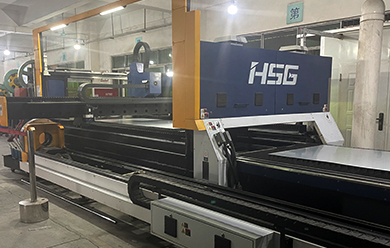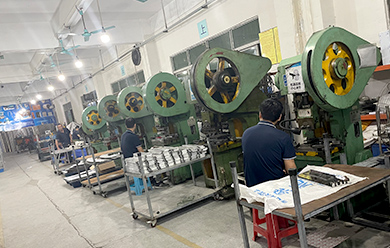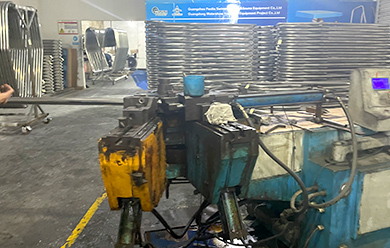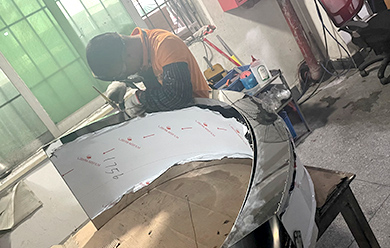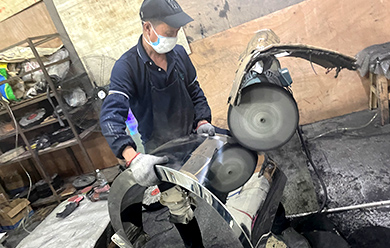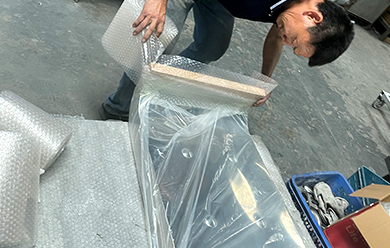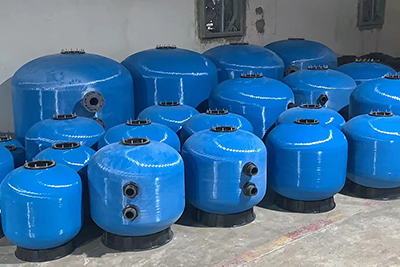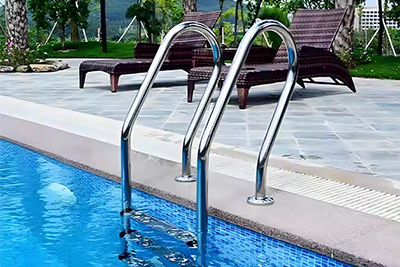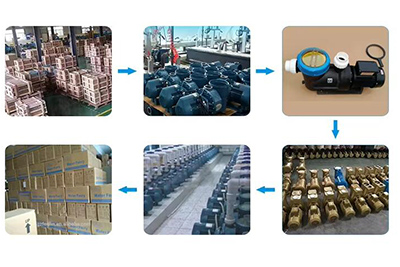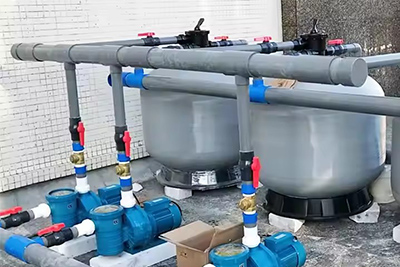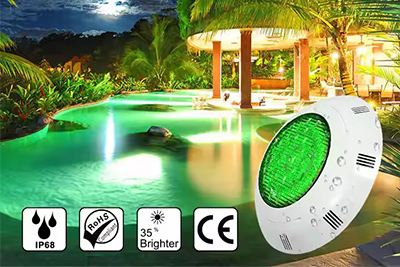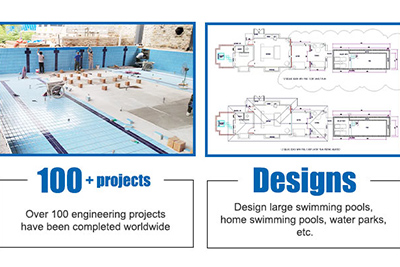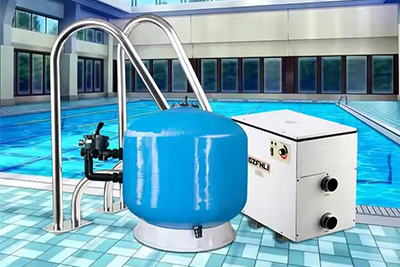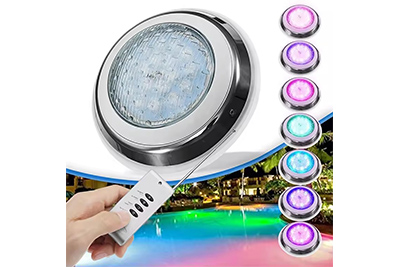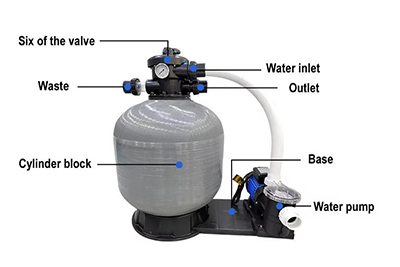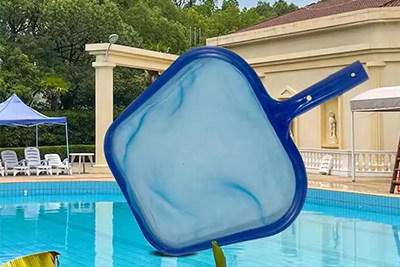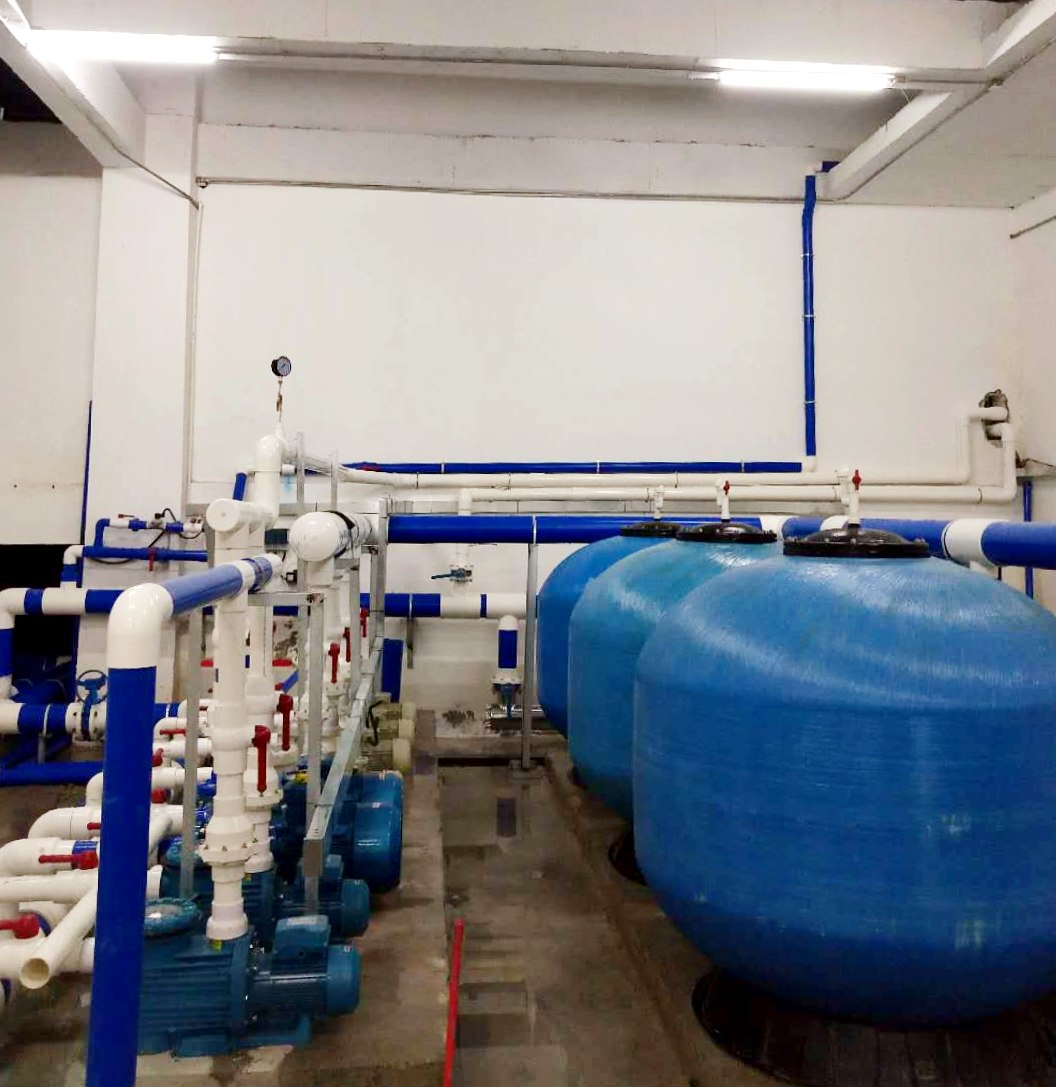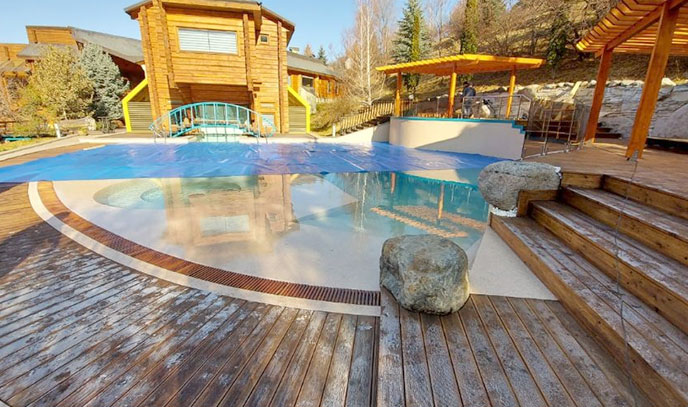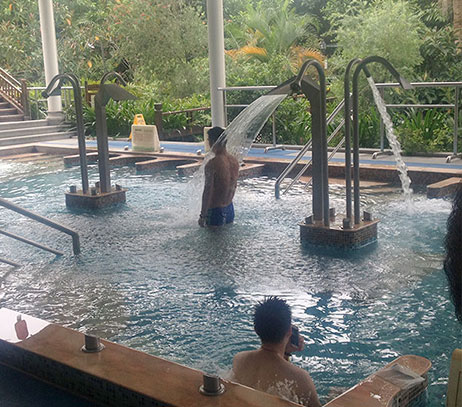a proposito di fenlino
Guangzhou Fenlin Swimming Pool & Sauna Equipment Co., Ltd, fondata nel 2004, professionale nella produzione e vendita di attrezzature per sauna, attrezzature per piscine, attrezzature SPA e attrezzature per fontane. il nostro marchio, nel frattempo, ha sviluppato il nostro mercato estero di circa cento paesi e ha sviluppato una rete di vendita che copre la maggior parte delle grandi città orientali a casa. Merci: Produciamo attrezzature e accessori delle nostre marche. Abbiamo anche l'autorizzazione rappresentativa di alcuni marchi famosi in queste regioni. I prodotti possono essere suddivisi in serie sauna, serie vapore, serie piscina e serie fontana esterna. I nostri marchi: FANLAN: registrato il 21 dicembre 2005 FANLAN: registrato il 28 novembre 2005 SAWO: registrato il 21 giugno 2006 FINNFORST: registrato il 14 aprile 2007 Fabbrica: La fabbrica si trova nel distretto di Baiyun di Guangzhou, fondata nel 2004 e ora occupa un'area di circa 10000 metri quadrati, più di 50 lavoratori e tre linee di produzione. Sotto la gestione sistematica e il rigoroso controllo di qualità, abbiamo guadagnato una buona reputazione nel settore. Forniamo ai clienti servizi come approvvigionamento di prodotti, progettazione e ingegneria, produzione OEM, controllo di qualità, ispezione della spedizione. I nostri vantaggi Storia del marchio Vantaggio del marchio Valore del marchio Qualificazione del marchio Fondata nel 2004, Fenlin ha 19 anni di esperienza nella produzione di attrezzature per piscine e saune. La nostra fabbrica si trova nella città di Jianggao, distretto di Baiyun, GZ, Cina. Copre un'area di 10.000 metri quadrati e dispone di 3 stabilimenti professionali. Fenlin si concentra sulla produzione di attrezzature per sauna e attrezzature per piscine. Fenlin introduce macchinari avanzati stranieri. I nostri prodotti vengono esportati in molti paesi. Fenlin è stato pubblicizzato su molti social media tradizionali in paesi stranieri, sperando che le sue attrezzature per piscine e attrezzature per sauna possano diventare globali! E spera di diventare un marchio eccellente dei nostri prodotti. Fenlin offre la migliore qualità e servizio a ogni cliente. I primi 10 marchi cinesi di attrezzature per piscine; I 10 migliori marchi di attrezzature per sauna in Cina; I 10 migliori marchi cinesi di attrezzature termali; I nostri certificati La nostra squadra



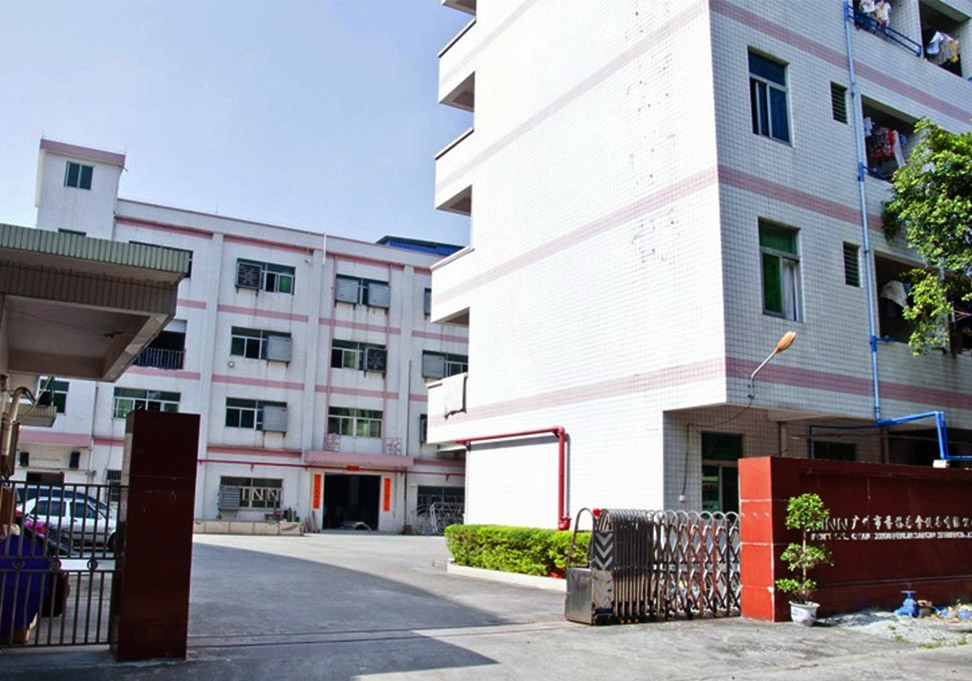
.jpg)

.jpg)
